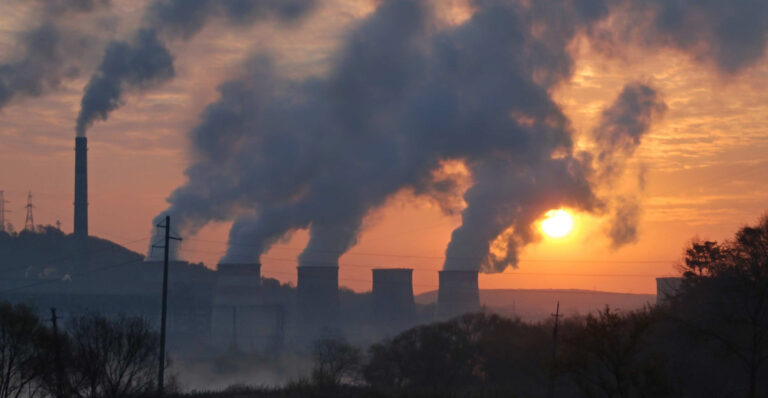Air pollution refers to the contamination of air due to the presence of substances in the atmosphere that are harmful to the health of humans and other living beings, as well as causing damage to the climate. In Ghana, air pollution is a serious issue affecting the nation; however, it continues to take a huge toll on both the economy and public health, yet it remains overlooked.
Let’s firstly identify some of the causes of air pollution in Ghana:
- Industrial Emissions: The presence of industries in Ghana, especially in urban areas, contributes significantly to air pollution. Emissions from industrial processes release pollutants such as particulate matter, sulfur dioxide (SO2), nitrogen oxides (NOx), and volatile organic compounds (VOCs) into the air.
- Transportation: The use of vehicles, particularly those powered by fossil fuels, is a major source of air pollution. Exhaust emissions from cars, trucks, and other vehicles release pollutants like carbon monoxide (CO), NOx, and particulate matter.
- Agricultural Activities: Certain agricultural practices contribute to air pollution. The burning of crop residues, the use of certain fertilizers and pesticides, and methane emissions from livestock can all impact air quality.
- Household Energy Use: In some areas, households rely on traditional biomass fuels such as wood and charcoal for cooking and heating. The burning of these fuels indoors can lead to indoor air pollution, and outdoor air quality can also be affected when such activities are widespread.
- Waste Burning: Improper disposal of waste, including the burning of waste materials, contributes to air pollution. Open burning of waste releases pollutants into the air, impacting both human health and the environment.
The Institute for Health Metrics and Evaluation has identified air pollution as the primary environmental risk in Ghana, responsible for the majority of deaths and disabilities. So, how is Ghana handling the air pollution crisis?
World Health Organization workers have created a program to train health professionals as advocates for clean air policies and programs to protect and promote the health and well-being of the people of Ghana. Health workers from all corners of Ghana met in Kumasi, Ashanti Region, and provided input into the program design as the curriculum is scaled up.
Environmental Regulations: Ghana has implemented environmental regulations to control and limit industrial emissions. These regulations set standards for air quality and emissions from various sources, and compliance is enforced through monitoring and penalties for violators. The Executive Director of the Environmental Protection Agency, Henry Kwabena Kokofu, has said that the Environmental Protection Agency has been playing the regulatory role for waste management facilities and activities through the Environmental Protection Agency Act, 1994 (Act 490) and Environmental Assessment Regulations, 1999 (L.I. 1652).
Transportation Policies: Efforts have been made to improve transportation systems and reduce emissions from vehicles. This includes promoting public transportation, enforcing vehicle emission standards, and encouraging the use of cleaner fuels. Vice President Mahamudu Bawumia has disclosed that Ghana is working on a policy framework to move public transportation completely from dependence on petrol and diesel to electric vehicles.
Air pollution continues to be an ongoing environmental issue in Ghana; however, the country realizes this and is taking active steps to combat the issues and improve the quality of life for its citizens.


